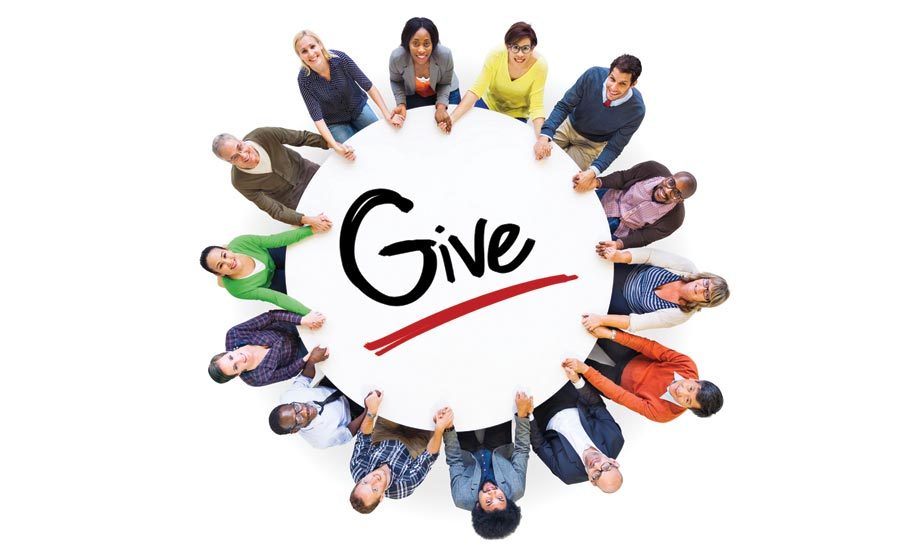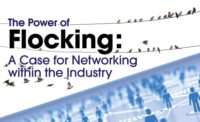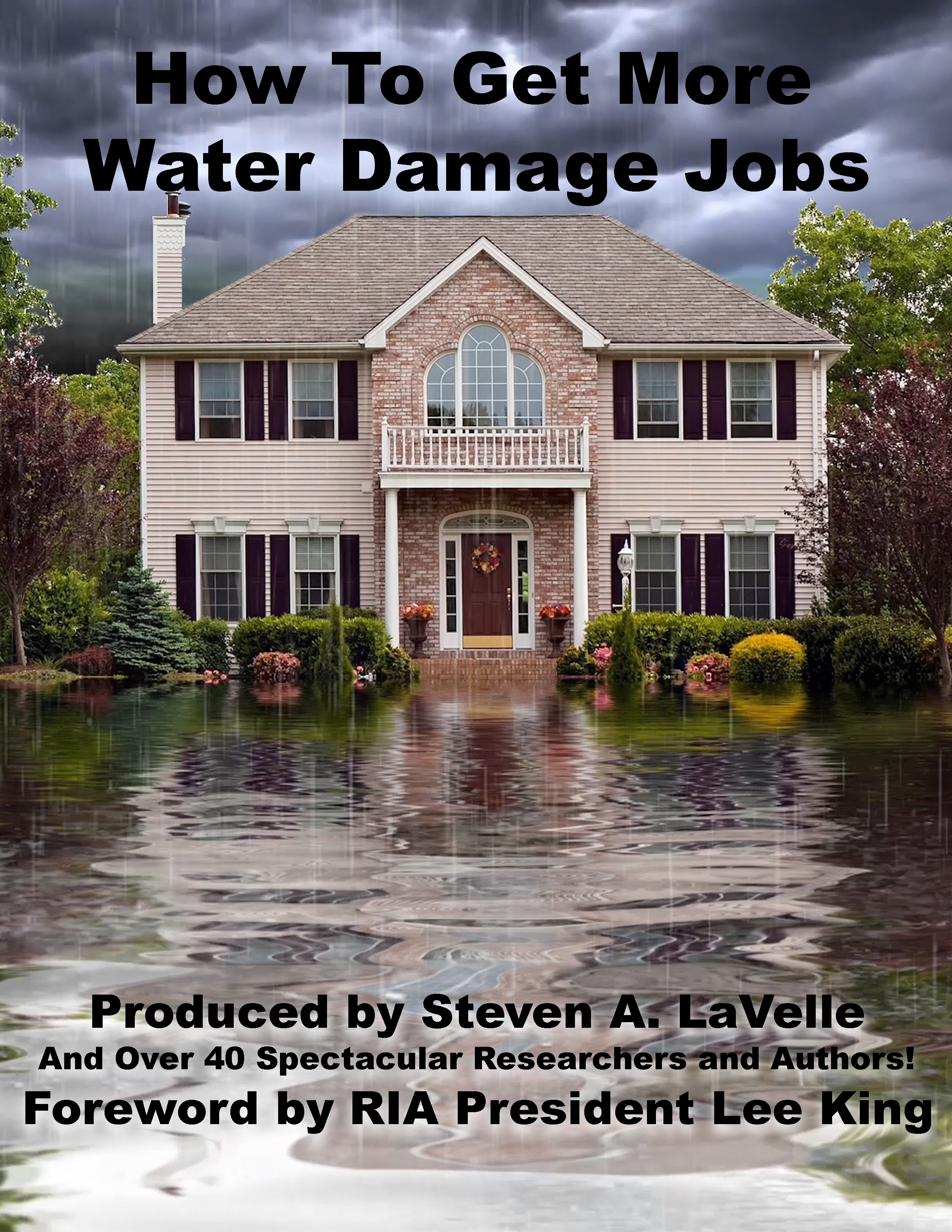Give Smart, Get More
Mastering the Art of Giving & Getting Referrals




In the early 2000s, a group of researchers published their findings from a 30,000-person, multi-year study on income and generosity. This is what they found ... drum roll, please: As someone makes more money, they give more money to charitable causes.
I know. From those of you reading this there is a collective, “What? Big deal? That’s hardly groundbreaking, Frank!”
Agreed. You don’t need to be a rocket scientist to know that as someone has more money, they will likely give more money away (on average an additional 14 cents for every additional dollar earned, according to the study).
While that might not be news, here is something that might be. Because this study was done over a handful of years, the researchers were also able to determine that in the year following a contribution, on average givers actually generated an additional $3.74 of income for every $1.00 they donated. That’s right. The more one gives, the more one makes.
For some of you, this is a revelation. As such, you vow to be more giving.
For others, however, you might not be impressed with that either. After all, if you are like many in the restoration and remediation industry, you devote a considerable amount of time and money giving to those who might send business your way.
You ensure that every insurance agent in your market area has a variety of promotional products bearing your logo. Once a year, you dole out company calendars to the real estate professionals you know. And, you devote countless hours hanging out at supply companies giving donuts to plumbers and other “trades people.”
While all of that’s great, your generosity might not be as effective as you would like. Consider the following, which did indeed happen. A mortgage lender became impressed with the price and service quality of a particular property-casualty insurance agent he had come to know. He was so impressed, in fact, that the mortgage lender not only switched his insurance over but also started referring his many friends and mortgage clients.
Needless to say, the insurance agent had more than a slight uptick in business and he knew exactly where it was coming from. In his sheer delight, he approached the mortgage lender, thanked him profusely, and interjected, “Man, I need to buy you a steak dinner.”
The mortgage lender, whose many years parked behind a desk had taken a toll on his waistline, responded in an almost frustrated tone, “Do I look like I need a steak dinner? I need referrals just like you.”
His point, though not direct, was simple: “If you really feel beholden to me, then please help me in a manner that hits upon something I really need.”
Certainly, expressing appreciation is important. Dear old Mom likely chided you about that before you headed off to kindergarten. And, no doubt, a steak dinner is a wonderful gesture, too. The mortgage lender could not pay the rent with it, however. What he really needed — like anyone in business — was business.
So, circling this back to you, think about the giving you provide in pursuit of growing your business.
Those tchotchkes you dole out are neat. Ask yourself this, however: Do I need one more pen that doubles as a flashlight? Do I need another stress ball? Your answer is probably, “No.” Moreover, the chances are the insurance people you are handing yours to have the same feeling.
What about that calendar? It’s highly useful, right? It will last a year, after all. Plus, it keeps you top of mind. The problem is that other than the business name on it, your calendar is the same as the one handed out by the 16 other vendors that are wooing the real estate profession.
What about those donuts? After all, who doesn’t love a good donut? No one, that’s who. The problem is that no doubt your competitor is doing the same thing and likely getting donuts from the same place you do. Thus, you have no competitive advantage with this giveaway.
The point is that if you want to remain in the minds of those who might send you business referrals (such as the trade people, real estate professionals, and insurance agents), you are best to provide things with lasting value. Such as:
- Refer those you network with to prospective clients or introduce them to contacts that could do the same. For example, you know homeowners who may need a quality plumber for minor and major repairs, even if there is not a disaster associated with it.
- Keep your referral network in the loop on information, insights, and ideas you come across that might be of value to their business. For example, you could tip off your stable of real estate agents when you learn that an investor is converting a rundown apartment building into upscale condominiums.
- Offer those in your referral network opportunities that create exposure for them. For example, you could involve an insurance agent in a marketing initiative that separately neither of you could afford.
These are just a couple ideas that would serve to enhance the relationship you have with your referral network. There is nothing wrong with inexpensive trinkets, company calendars or a box of fresh donuts. They simply aren’t unique, don’t have lasting value, or both.
Think about it. When that plumber comes upon the “mold infested, sump pump failure, flooded basement disaster” who is he more likely to refer: Someone who handed him a glazed donut or someone who helped him build his bottom line?
Looking for a reprint of this article?
From high-res PDFs to custom plaques, order your copy today!









